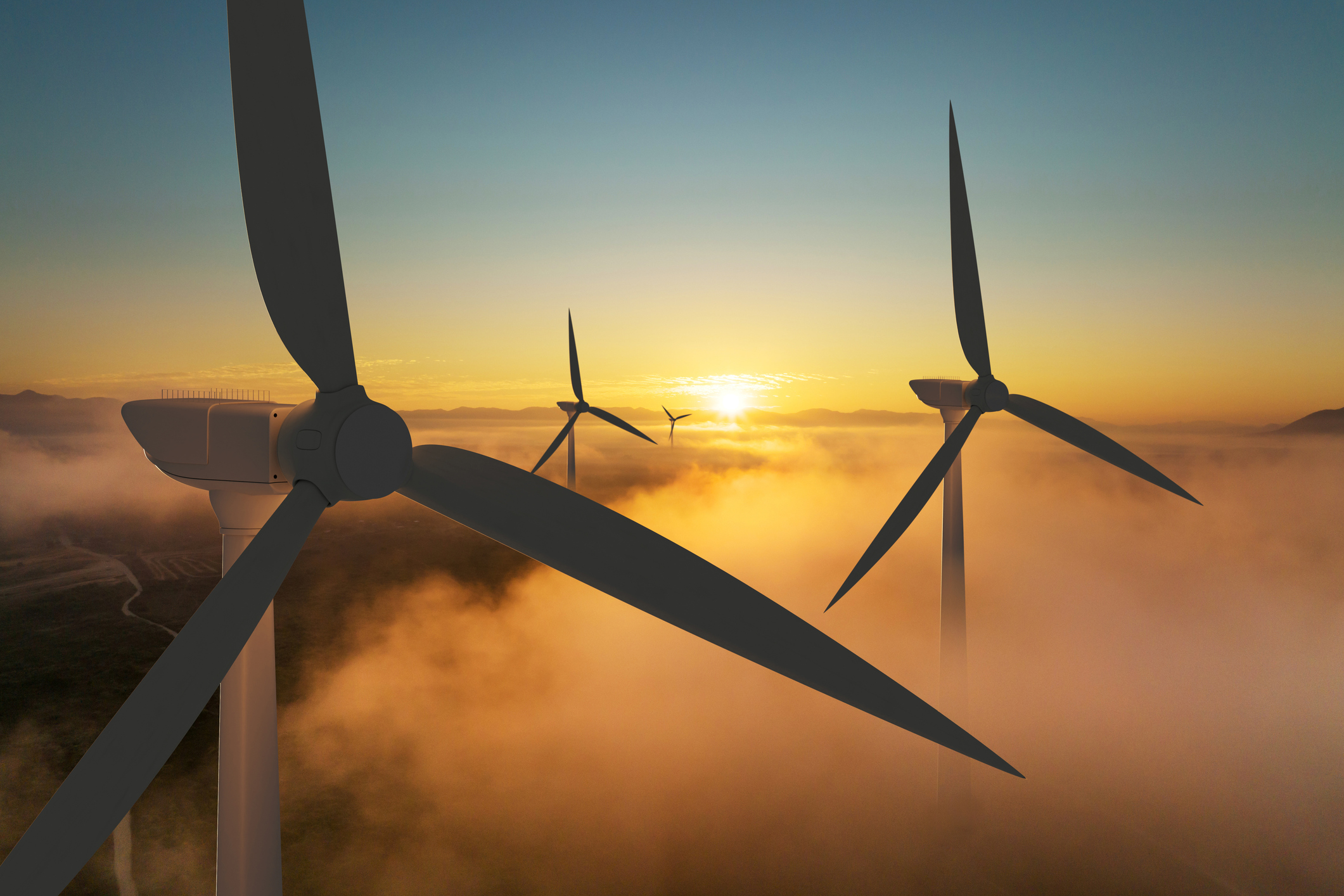Related Articles
While everyone is adjusting to the new reality for the next few weeks, here are five books that will help understand the current state of environmental science, economics, and policy.
Of course I am going to mention my own book! The phrase “virtue signaling” was created around 2015. I didn’t use it when I wrote my book a decade ago, but I argue that we choose environmental policies that make us feel good. Faced with confusing environmental science, we choose policies based on how they make us feel. What feels good, however, may not be good for the environment. Markets are better at connecting incentives to outcomes so people make decisions that feel good and are good for the environment.
More From Less, by Andrew McAfee
Across the globe, people are dramatically wealthier than two decades ago. Remarkably, we also use fewer natural resources. McAfee explains how entrepreneurial capitalism creates the incentives to do more with less. He notes, “In America – a large, rich country that accounts for about 25 percent of the global economy – we’re now generally using less of most resources year after year, even as our economy and population continue to grow.” A great explanation of how markets promote environmental sustainability without guidance from politicians.
Subtitled, “Ten reasons we’re wrong about the world – and why things are better than you think,” Rosling unravels many prominent myths about the current state of the world. In all low-income countries across the world today, what percentage of girls finish primary school? In the last 20 years, has the proportion of the world population living in extreme poverty doubled, stayed the same, or been cut in half? In 1996, tigers, giant pandas, and black rhinos were all listed as endangered, and how many of them have become more critically endangered since that time? If you are familiar with Rosling’s TED talks, you may know the answers already, and they are all more positive then we are generally led to believe. His book is an excellent antidote to fact-free doomsaying.
The Wizard and the Prophet, by Charles Mann
A history of conflicting approaches to environmental sustainability, told through the life histories of two people. Mann illuminates the difference between the pro-technology approach of Nobel Prize winner Norman Borlaug and the more doomsaying approach of William Vogt, who believed the planet would run out of resources. Mann’s tone is sympathetic to Vogt’s concerns, but the clear hero of the story is Borlaug, whose tireless work of creating disease-resistant strains of wheat created the Green Revolution that saved millions of lives.
Effective Conservation Science: Data not Dogma, by Peter Kareiva, Michelle Marvier & Brian Silliman
Edited by Peter Kareiva, the keynote speaker at our Agricultural Dinner last year, this is a nice collection of scientific articles on counter-intuitive research. Each chapter is written in a semi-technical tone but is still understandable for a lay audience. The chapters, including one on the Snake River dams, highlights scientific findings that contradict established dogma about a range of issues, including planetary tipping points, invasive species, orangutan conservation, and wildlife changes in Yellowstone. The head of UCLA’s Institute of the Environment and Sustainability, Kareiva’s goal is not to undermine scientific inquiry, but to make it more robust by encouraging scientists to focus on the data, even when it is contrary to received wisdom. Although there is a tendency to read these kinds of findings as an opportunity for nihilism, using uncertainty as an excuse to default to emotionally satisfying answers, the authors encourage us to do the opposite, taking science seriously when it contradicts our beliefs. Counterintuitive science the most interesting. It piques our curiosity and encourages us to search for new answers. I am thankful it is the job I get to do every day.




